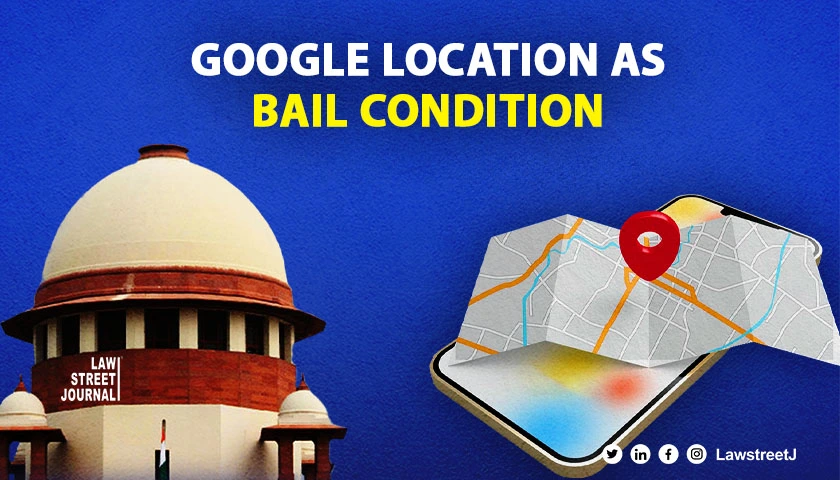NEW DELHI: The Supreme Court on Monday directed Google to explain to how its PIN location-sharing feature on its Map works as it would examined subsequently whether its use as a pre condition of bail to an accused person would violate the right to his privacy.
A bench of Justices Abhay S Oka ans Ujjal Bhuyan was hearing an appeal against an order of the bail granted by the Delhi high court to an accused a Nigerian national -- in a case registered under the Narcotic Drugs and Psychotropic Substances (NDPS) Act.
"We need to examine whether if an accused (on the orders of the court) has to provide the investigators with his detailed information about their whereabouts, then will it likely to infringe the individuals right to privacy or not," the bench observed.
The court had on February 23 asked Google India to file a detailed affidavit explaining the technical aspects of dropping a PIN in the context of putting it as a condition of granting bail to an accused person.
A nine-judge Constitution bench in 2017 had unanimously declared that the right to privacy was a fundamental right under the Constitution.
The court earlier also sought the detailed affidavit from Google India, and wanted to know from it about the technical aspects of it, after the Union government failed to properly apprise and explain how the Google Maps PIN works.
The Ministry of Electronics and Information Technology (Meity) has given an affidavit and has suggested that as far as working of the Google PIN is concerned, its appropriate if the information is sought from Google India Pvt Ltd," the court had earlier said.
In May 2022, the high court had put two stringent conditions one, the accused shall drop a PIN on Google Map to ensure that their location is available to the investigation officer of the case. And, the second condition was that the high commission of Nigeria must place on record an assurance that the accused shall not leave the country and will appear before the trial court as and when required.

















